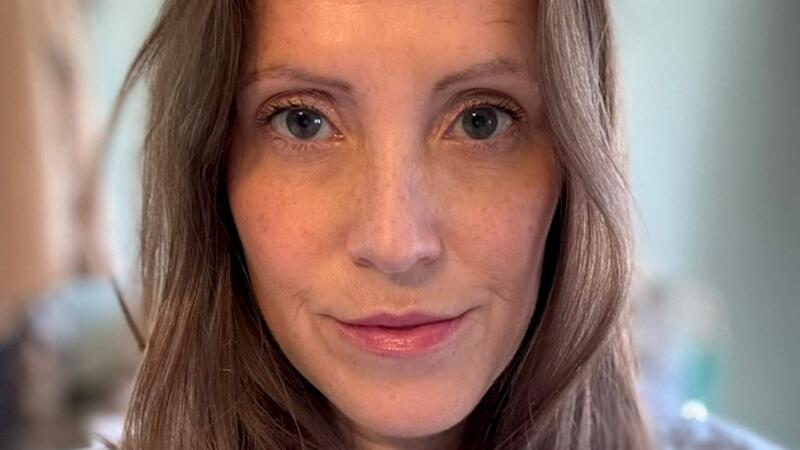You are viewing your 1 free article this month. Login to read more articles.
The class ceiling
Why independent publisher Bluemoose Books seeks to publish working-class writers in an industry that has neglected them.
Class is a problem in publishing. Or more importantly, if you are working-class, it is still a problem. It’s all about access and if you are a writer from a working-class background, the publishing industry can seem impossible to get into. All the publishers are in London—and do you need a degree? A Masters in creative writing? What do agents do and how much will all this cost?
I have worked for corporate publishers and independents in London, and what they all have in common is how common they think you speak if you don’t have an RP accent. Chip on my shoulder? You bet. That’s why we remortgaged our house and started Bluemoose Books: to find more working-class writers and publish their stories. You see, class is still a massive issue in publishing because most of the people making the big editorial and commercial decisions do not have the lived experience or an understanding of what it means to be confronted by an industry that seems posh, white and London-centric. As a result, they tend to hire and publish books that they are comfortable with.
Their economic model is to publish and sell books bought and read by the middle-classes. Of course there are exceptions, but for most of them it is deemed far too risky to publish a début by a working-class writer that isn’t a celebrity or doesn’t have a huge social media following. For them, the numbers don’t stack up and they don’t have time to develop writers who do not have any idea of how to get their work seen and published, or have an MA in creative writing. Most of the heavy lifting is still being done by the smaller indie presses. You may say that we are the R&D for the more established publishers: when after publishing a book and finding a readership or being shortlisted, they arrive with a huge cheque to buy the rights to your writer’s work.
“Who’d be interested in a working-class character from a small Northern town?”—words uttered by an editor in London a decade ago. There’s that saying: if you see it, you can be it. So, if you can read it, you can feel able to write about it too. And that it is why we established Bluemoose, to find and develop working-class writers and get their stories seen and published.
Working with the working class
We have been working with working-class writers for more than 15 years and these writers--—like Michael Stewart, Adrian Barnes, Sharon Duggal, Heidi James, Rónán Hession, Stu Hennigan and Colette Snowden—have been shortlisted, won literary prizes, seen their work translated and published in Turkish, Arabic, Hungarian, Bulgarian, French, Romanian, Swedish, German, Russian, Slovakian and Italian, and had rights sold in the biggest marketplace in the world: America. Their stories have been optioned for TV and film, appeared on the radio and been books of the week, and we have had international bestsellers. They have had commercial and literary success. Dublin, Unesco City of Literature, chose one of our authors—Rónán Hession—and his début Leonard and Hungry Paul as its One Dublin One Book, with banners and advertising hoardings all over the city promoting the book and Bluemoose. It became the fourth-bestselling book in Ireland and was the most-borrowed e-book in Ireland between January and July 2021.
We have been working with four working-class women from Moss Side in Manchester over the last couple of years: two mixed-race writers, Linda Brogan and Carmel Jones; one mixed-heritage, Tia Cribben; and one working-class writer, Catherine Proctor, to write their lived experiences growing up in Manchester in the 1960s, ’70s and ’80s, and we will be publishing their book, 12 Words, in June 2023. These fantastic women have never written anything before and never imagined their stories would be told. Why? Because, like that editor said a decade ago, who would be interested? We are interested. Because their stories are relevant, valid, interesting, harsh, funny and sometimes dispiriting—but uplifting too. We all need stories because when we read about someone or something we don’t know too much about, it makes us think a bit more. And that makes us better people, doesn’t it?


















